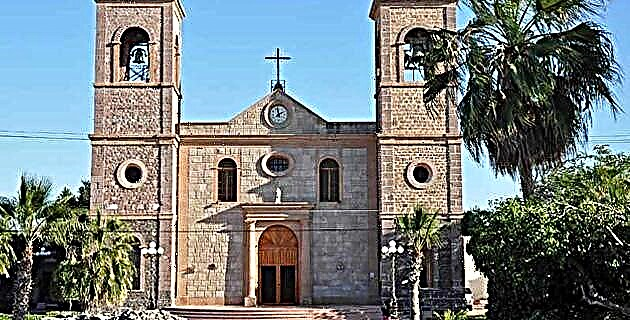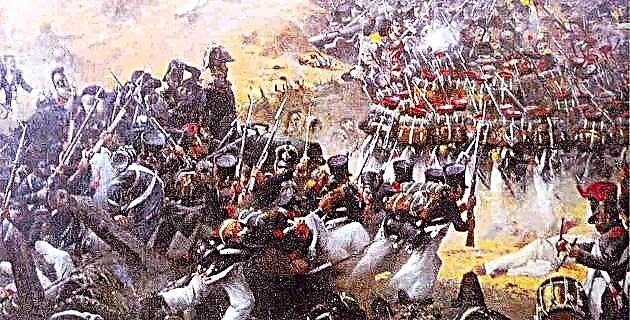
The Declaration of Independence of the United States, approved by Congress on July 4, 1776 The consummation of the independence of our northern neighbors, recognized in the Treaty of Versailles on September 3, 1783 that had been achieved thanks to the aid from France, which at war with England had helped Washington to carry out its fight.
The image that was released of the new nation was that of a country that had freed itself from the absolutism of kings.
The encyclopedic thinking of various figures: Voltaire, who was against despotism, Montesquieu, who spoke of the division of powers; Rosseau, with his ideas regarding the rights and freedoms of the individual and Diderot and D’Alambert, who exalted the priority and excellence of reason.
The French Revolution (1789-1799) that abolished privilege, destroyed royal power, parliaments and corporations, and rendered the power of the church useless. The Declaration of the Rights of Man and of the Citizen proclaimed by the Constituent Assembly of France.
The Napoleonic invasion of French troops that took the most important Spanish cities in 1808, which made Carlos IV abdicate in favor of his son, the prince of Asturias, called Fernando VII. The latter was not recognized by Napoleon and both he and his father were imprisoned and had to renounce the throne.
The news of the situation in Spain reached Mexico City on July 14, 1808. Four days later, the city council of New Spain, "representing the entire Spanish kingdom" delivered on July 19, 1808, to the viceroy Iturrigaray a statement with the following points: that the actual resignations were void because they were “torn away with violence”; that sovereignty resided throughout the kingdom and in particular in the bodies that carried the public voice "who would retain it to return it to the legitimate successor when (Spain) was found free from foreign forces" and that the viceroy should remain temporarily in power . The oidores objected to the representation assumed by the regidores but these, apart from sustaining what was said, proposed that a board of the main authorities of the city meet to examine the matter (viceroy, oidores, archbishops, canons, prelates, inquisitors, etc.) which occurred on August 9.
The lawyer Francisco Primo de Verdad y Ramos, trustee of the City Council raised the need to form a provisional government and proposed to ignore the peninsular boards. The oidores thought otherwise, but all agreed that Iturrigaray should continue to lead, as a lieutenant of Fernando VII, to whom they all swore allegiance on August 15.
By then the two antagonistic views were already ostensible: the Spanish suspected that the City Council aspired to independence and the Creoles assumed that the Audiencia wanted to maintain its subordination to Spain, even under Napoleon.
One morning, the following writing appeared on the walls of the capital:
Open your eyes, Mexican people, and take advantage of such an opportune occasion. Dear compatriots, fortune has arranged liberties in your hands; if now you do not shake off the yoke of Hispanomiserable people you will be without a doubt.
The libertarian movement that would give Mexico its quality as a sovereign nation had begun.











